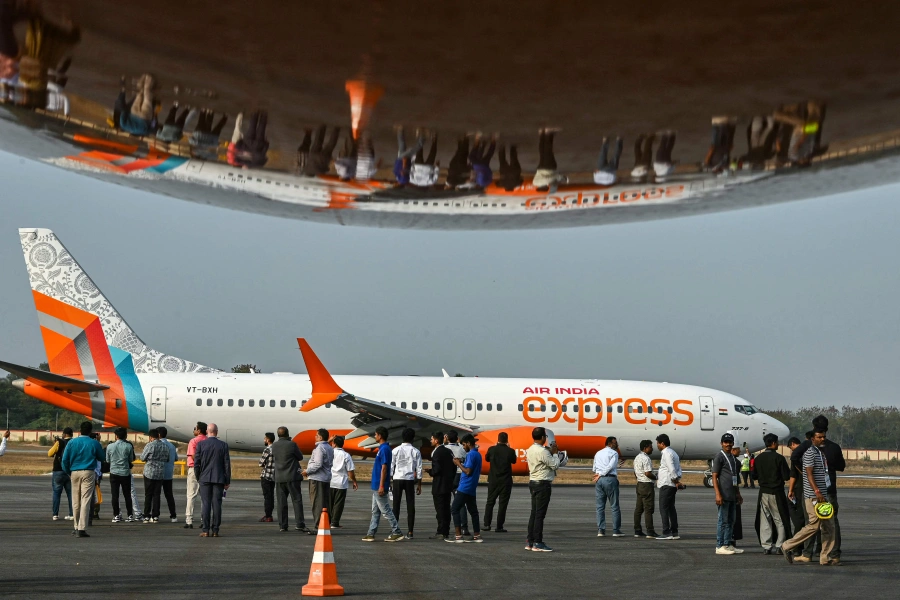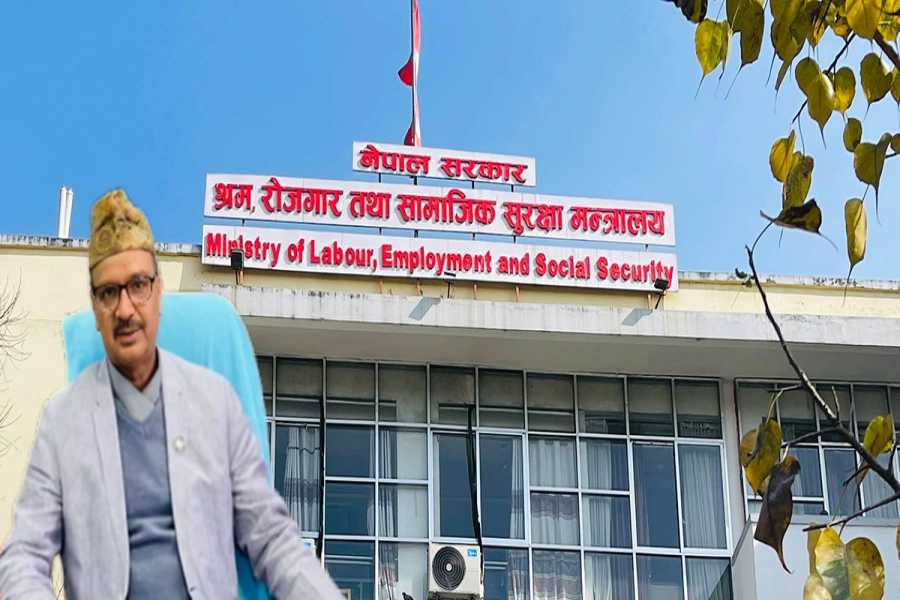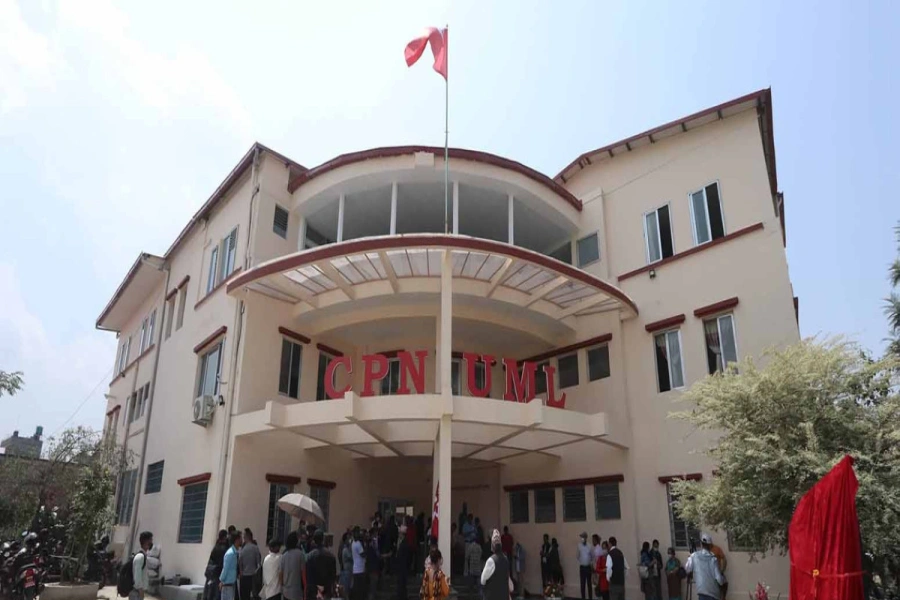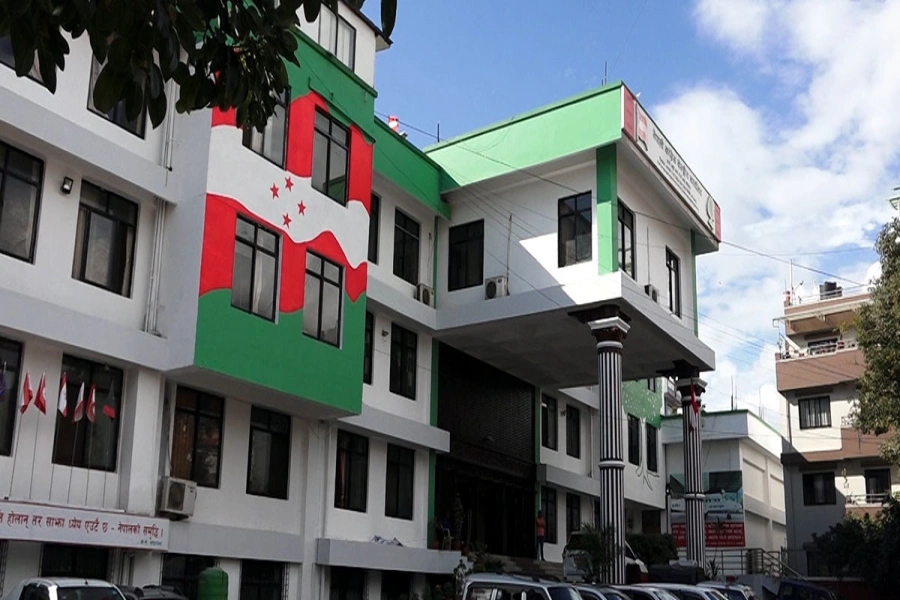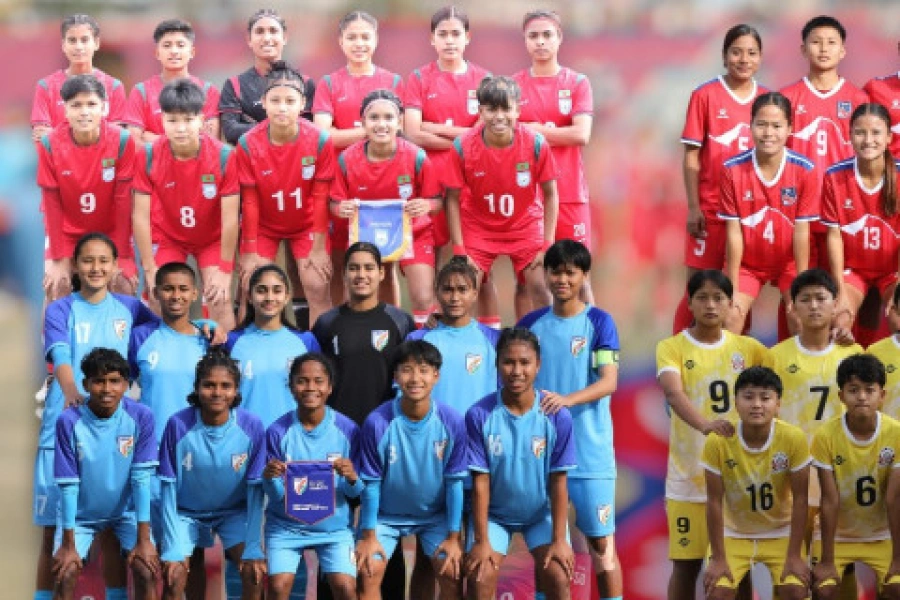Pregnancy is a joyous journey for many women, but it can also present significant health challenges for both the mother and the baby. One such complication that affects pregnant women, particularly in developing countries like Nepal, is pre-eclampsia. Pre-eclampsia is a condition characterized by high blood pressure and signs of damage to other organs, most often the liver and kidneys, that develops after the 20th week of pregnancy. This condition can have serious implications for both the mother and the baby if not managed promptly and effectively.
In Nepal, where access to quality healthcare is limited in many rural areas and awareness about maternal health issues is often lacking, pre-eclampsia poses a significant threat to maternal well-being. Factors such as poor nutrition, inadequate prenatal care, and limited access to healthcare facilities exacerbate the risk of pre-eclampsia in pregnant women across the country. One of the challenges in addressing pre-eclampsia in Nepal is the lack of awareness and understanding among both healthcare providers and pregnant women themselves.
Many women may not recognize the symptoms of preeclampsia, which can include high blood pressure, swelling of the hands and face, headaches, vision changes, and abdominal pain. Without proper education and awareness campaigns, women may attribute these symptoms to the normal discomforts of pregnancy, delaying the diagnosis and treatment of pre-eclampsia.
Maternal mortality rate being studied for the first time in Nep...

Furthermore, the scarcity of trained healthcare professionals, especially in rural areas, makes it difficult to provide timely and appropriate care to pregnant women who develop pre-eclampsia. Limited resources, including medical supplies and equipment, further hinder the management of this condition in resource-constrained settings.
Addressing pre-eclampsia in Nepal requires a multifaceted approach that focuses on prevention, early detection, and access to quality healthcare services. Improving antenatal care services and ensuring that pregnant women receive regular check-ups throughout their pregnancy can help in early identification of pre-eclampsia and other pregnancy-related complications. This involves training healthcare providers to recognize the signs and symptoms of pre-eclampsia and providing them with the necessary tools and resources to manage the condition effectively.
Community education and awareness programs are also crucial in empowering pregnant women to recognize the warning signs of pre-eclampsia and seek timely medical attention. It is advisable for different NGOs and INGOs engaged in healthcare initiatives to educate both the community and grassroots healthcare workers about pre-eclampsia. By educating women about the importance of prenatal care and encouraging them to attend antenatal check-ups regularly, we can help reduce the incidence and severity of pre-eclampsia in Nepal.
In addition to preventive measures, improving access to healthcare facilities equipped to manage pre-eclampsia is essential. This may involve investing in infrastructure, medical supplies, and personnel training to ensure that pregnant women receive the care they need, regardless of their location. Mobile health clinics and telemedicine services can also help bridge the gap in access to healthcare in remote areas, allowing pregnant women to consult with healthcare providers and receive guidance on managing pre-eclampsia.
Collaboration between government agencies, non-profit organizations, and healthcare providers is essential in addressing pre-eclampsia in Nepal. By pooling resources and expertise, stakeholders can develop and implement comprehensive strategies to prevent and manage pre-eclampsia effectively. This includes raising awareness about pre-eclampsia among policymakers and advocating policies that prioritize maternal health and access to quality healthcare services for pregnant women.
In conclusion, pre-eclampsia is a significant concern for maternal health in Nepal, particularly in rural and underserved communities. Addressing this issue requires a concerted effort from healthcare providers, policymakers, and community members to improve access to prenatal care, raise awareness about pre-eclampsia, and ensure that pregnant women receive timely and appropriate medical attention. By prioritizing maternal health and investing in preventive measures and healthcare infrastructure, we can reduce the burden of pre-eclampsia and improve outcomes for mothers and their babies in Nepal.





